Acknowledgements
I D like to thank Paul Camillin at Pitch Publishing. Delivery on this book certainly went into extra-time and penalties, so thank you Paul for your patience. Thanks also to Graham Hales, Duncan Olner, Derek Hammond, Paul Dalling and Alasdair Norrie for all their work on the project.
Thanks especially to the players for all the memories and for those able to talk to me. Thank you John Barnes, Jamie Carragher, Peter Cormack, Luis Garcia, Joey Jones and Steve Nicol. Thank you Gary McAllister for the great chat and for a great foreword. Thats right up there with your derby goal and your baldy head mate!
Thanks so much to the following for their constant support and for their help in making this book possible: Frans Adelaar, Michael Aitchison, Tammy Aitchison, Matt Allen, Neil Atkinson, Patrick Barclay, Justyn Barnes, Ian Callaghan, Peter Etherington, Brian Glanville, Marty Flynn, James Lawton, Kira Milmo, Marc Milmo, Peter Marshall, Louis Massarella, Nick Moore, Eli Nathenson, Laura Nathenson, Kevin ORourke, Mark Platt, Sam Pilger, Gareth Roberts, Mark Riches, Less Scott, Simon ShakeyShakeshaft, Ian Iggy Shaw, Kevin Taylor, Gavin Whitfield, Janneke Versteeg and Geoff Young.
Thank you to the good people at LFCHistory.net. A valuable site, brilliantly put together.
Finally, thanks to my six-year-old daughter Daisy who now loves, Our favourite bird.
Bibliography
Aughton, Peter. Liverpool: A Peoples History, 2008
Aldridge, John. John Aldridge: My Story, Hodder & Stoughton 1999
Benitez, Rafa. Champions League Dreams, Headline 2012
Carragher, Jamie. Carra: My Autobiography, Bantam 2008
Cormack, Peter. From The Cowshed To The Kop, Black & White 2012
Dalglish, Kenny. Dalglish: My Autobiography, 1996
Dalglish, Kenny. The Liverpool Year, Collins Willow 1988
Etherington, Peter. One Boy And His Kop, self-published 2001
Evans, Tony. I Dont Know What It Is But I Love It, Penguin/Viking 2014
Fagan, Andrew & Mark Platt. Joe Fagan: Reluctant Hero, Aurum 2011
Fowler, Robbie. Fowler: My Autobiography, Pan 2005
Gerrard, Steven. Gerrard: My Autobiography, Bantam 2007
Hamann, Dietmar. The Didi Man: A Love Affair With Liverpool, Headline 2012
Hansen, Alan. A Matter Of Opinion, Patridge 1999
Hughes, Simon. Red Machine: Liverpool FC In The 1980s. Mainstream 2013
Jones, Joey. Oh Joey Joey, John Blake 2001
Keith, John. Bob Paisley: Manager Of The Millennium, Robson 2001
Keith, John. Billy Liddell, The Legend Who Carried The Kop, Robson 2003
Lees, Dr Andrew & Ray Kennedy. Ray Of Hope: The Ray Kennedy Story, Penguin 1993
Lawson, Hedley. Elisha Scotts Diaries and Press Cuttings, His Life Story, self published 2012
Platt, Mark & Shaw, Gary. At The End Of The Storm, self published 2009
Shankly, Bill. Shankly: My Story, Sport Media 2009 Edition
St John, Ian. The Saint, Hodder & Stoughton 2005
Thompson, Phil. Emlyn Hughes: A Tribute to Crazy Horse, Stadia 2006
Williams, John. Red Men, Mainstream 2011
Wilson, Jonathan. Inverting The Pyramid, Orion 2010
Wilson, Jonathan with Murray, Scott. The Anatomy of Liverpool, Orion 2013
Alex Raisbeck
18981909
Appearances: 341
Goals: 19
L ESS than a decade in, but they came. Less than a decade in, and there they were, in their droves. Less than ten years since their clubs birth and here were their team for the first time in their young history champions of England. The best around. And so they came.
Liverpool had won their last game of the 1900/01 season at West Bromwich Albion to claim the title, and crowds had gathered at Liverpools Central Station to welcome them home. This act of mass appreciation would of course in the clubs rich future become common practice but today, this was new and this was wonderful.
Some squads returning from glorious travels would be greeted by seemingly millions, as they travelled home from far and wide to show off the spoils of war. Track, road and air would be used to transport glorious teams in the future but today, for the first time it was the former and the crowds gathered with a novel glow.
This wasnt 2005. A hundred and four years later the team returning from Istanbul with the European Cup were met by their own Bosphorus river of red as they showed off the famous trophy for the fifth time. This was different, more conservative, more Edwardian in its manner but no matter, hordes of locals made their way to meet the train carrying their men.
The trains engine pulls into the station. A fife and drum band strikes up The Conquering Hero, perfect for a team and its individuals who have become more than just footballers at the local club. They have captured an emotion, awoken something in supporters who now see them as just that, conquering heroes.
Steam filled the platform as the engine stopped but then there he was. Amid the trains clouds and the grey Edwardian suits, there was this shock of blonde hair and as he stepped off the train onto Liverpool soil, hats soared toward the stations 65m-arched roof and cheers rang out. This was their captain, their first superstar. This was Alex Raisbeck.
The bond between heroes in red and those who have travelled from Tottenham to Tokyo to watch them would be part of the very essence of the football club for decades to come, but this was arguably the first; the one that set that bond in stone.
Ask many with a long lasting interest in Liverpool to name an all-time XI and Alex Raisbeck will often be the name on the team-sheet that raises an eyebrow. Those picking such teams though arent being clever for clevers sake. The football hipster is a new breed of football fan that will take pleasure in telling the pub about what they are missing if they arent watching German football or how the next big thing will actually be the Norwegian first division.
Those who tell you Raisbeck deserves his place in an all-time Anfield XI are not football hipsters. They are looking at the facts and the facts tell you that not many players had an impact on the football club like Raisbeck, a defender who arrived, galvanised, inspired and ultimately deserves to be talked about in the same conversation as Liddell, Dalglish and Gerrard.
Signed from Hibernian in his native Scotland, Raisbeck arrived at Anfield in 1898 and whilst the club had settled into the new choppy waters of Association Football in the first six years since they were formed, they and their fans themselves trying to get a foothold above their city rivals, Everton were in need of a push, a player to bring more than amateurish enthusiasm. They needed something special and in Raisbeck they got just that.
Liverpool Football Club was formed in 1892; the product of a good old fashioned boozy row. Everton had been founded in 1878, but the board were soon to fall out with the club president and landlord, John Houlding, a prominent local businessman and brewer.
The 1880s had seen Association Football flourish on Merseyside and in the city of Liverpool. Clubs were popping up everywhere and the Liverpool Cup competition formed in 1886 attracted 20 clubs, including Everton.
Football though hadnt always been an easy sell in an area traditionally more taken with both rugby and cricket. In 1878, the city had not one football club, as the upper and middle classes trying to bring the sport from their public schools to the masses, found an unwilling audience in the working class population of Liverpool. John Williams in his brilliant history of Liverpool Football Club writes:
There were plenty of returning ex-Harrow public schoolboys living in Liverpool who might have been expected to spread Association Football. But because of the stark divisions between rich and poor in the city, sport could not be so easily passed down from local social elites, as had happened elsewhere. And, in any case, the poor in Liverpools docklands had neither the space nor the good health to play sport.

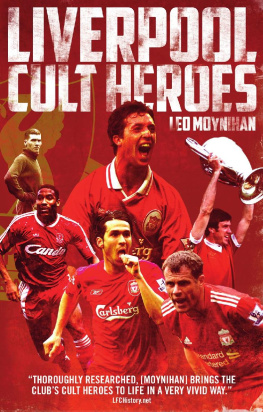
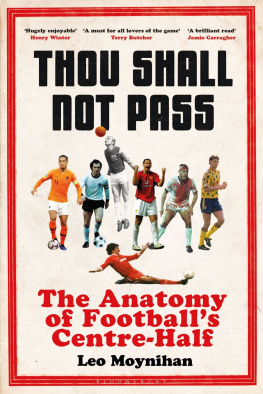
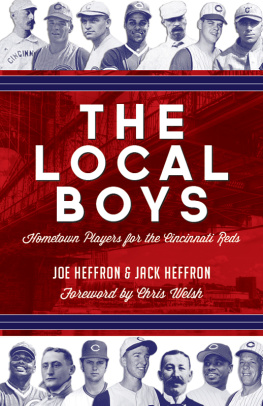
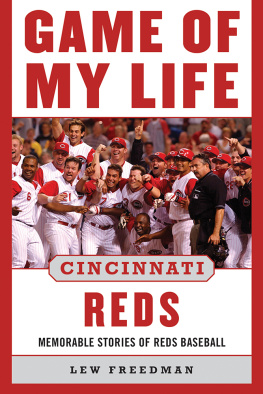
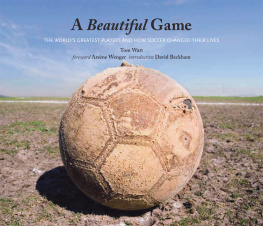
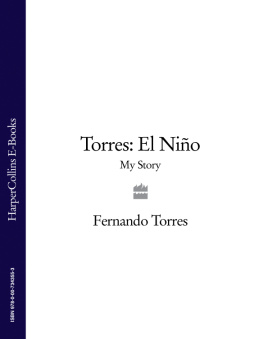
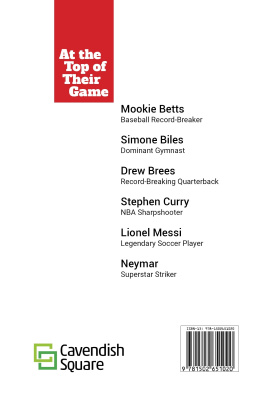
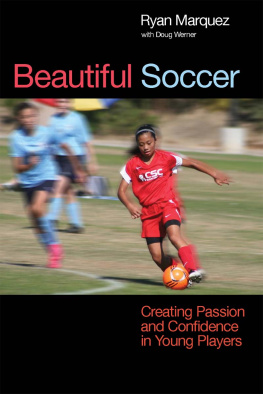
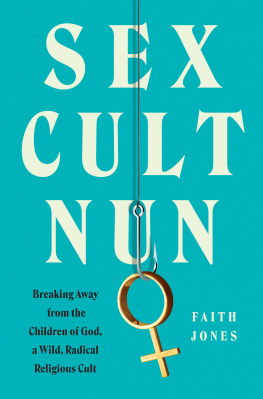


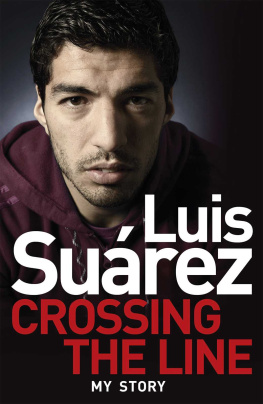
![Dietmar Hamann [Dietmar Hamann] - The Didi Man](/uploads/posts/book/46092/thumbs/dietmar-hamann-dietmar-hamann-the-didi-man.jpg)